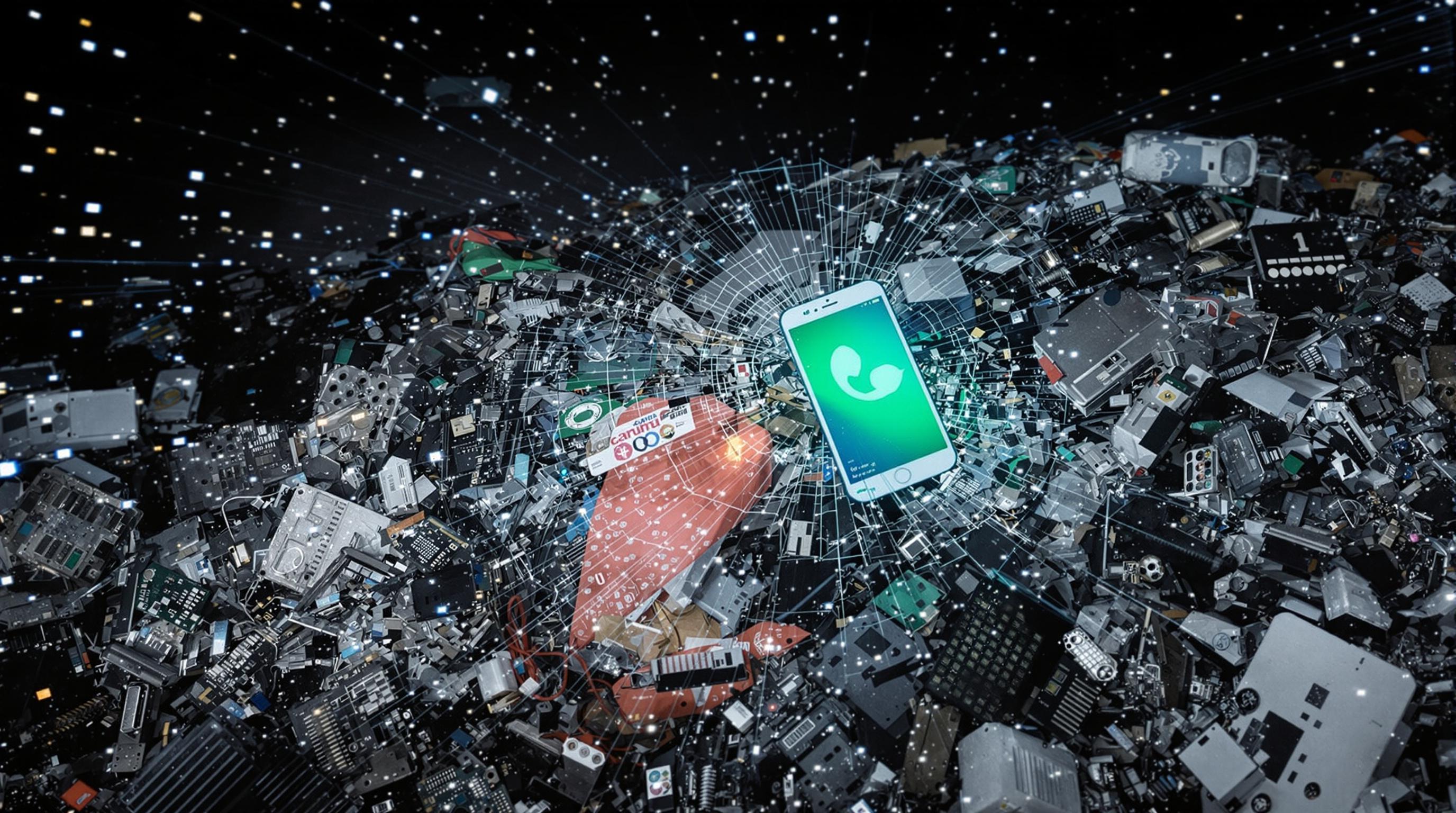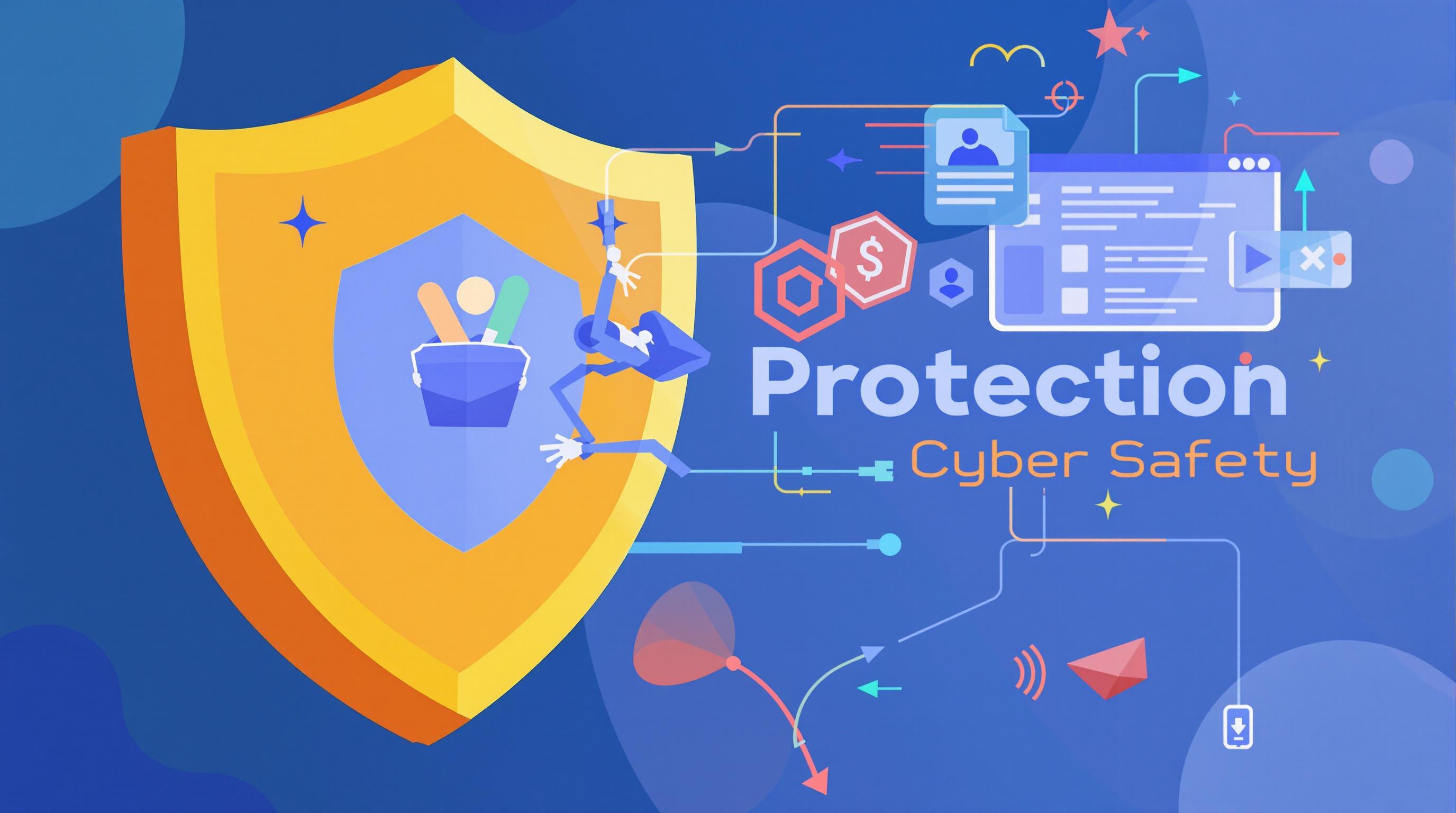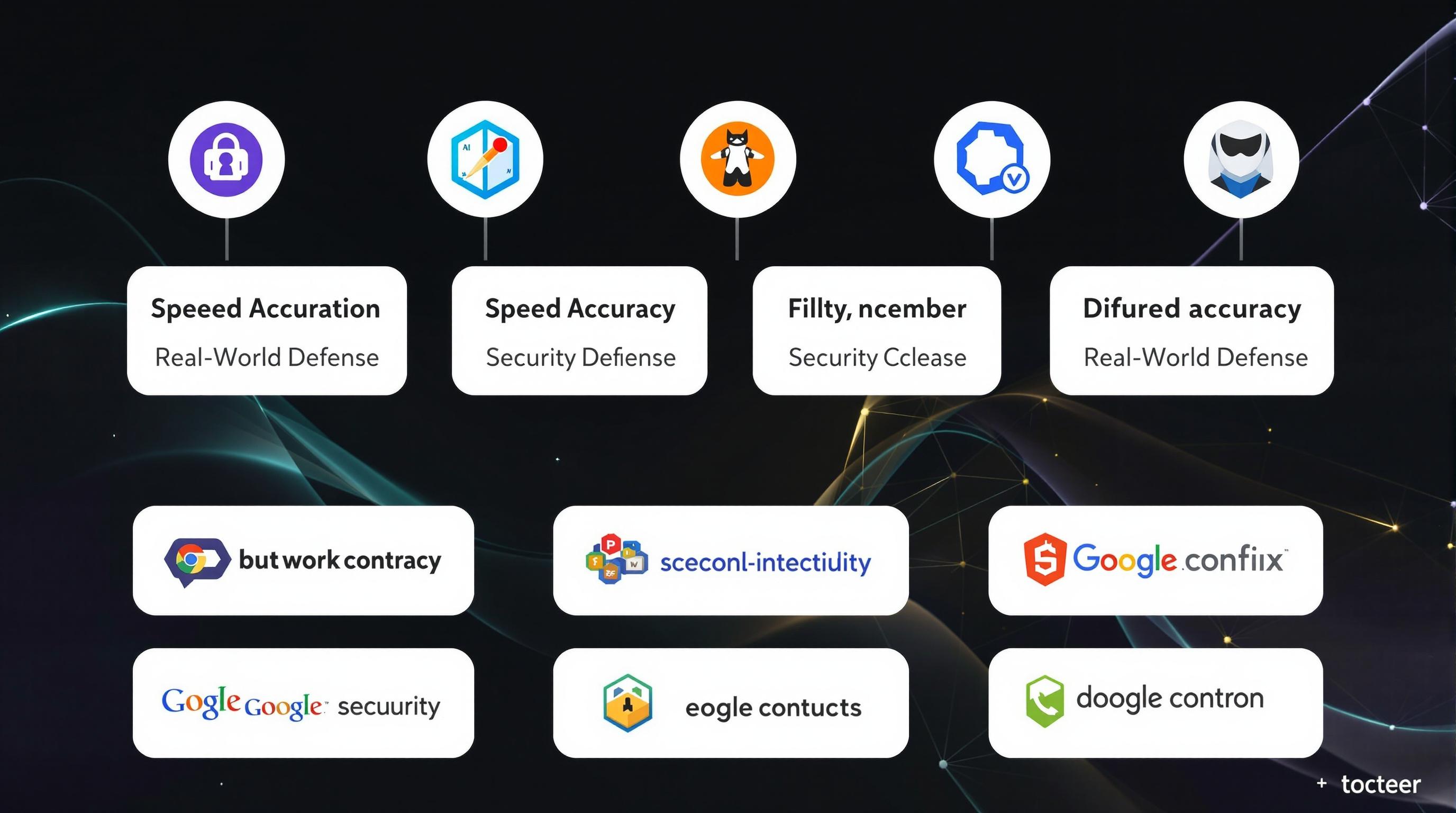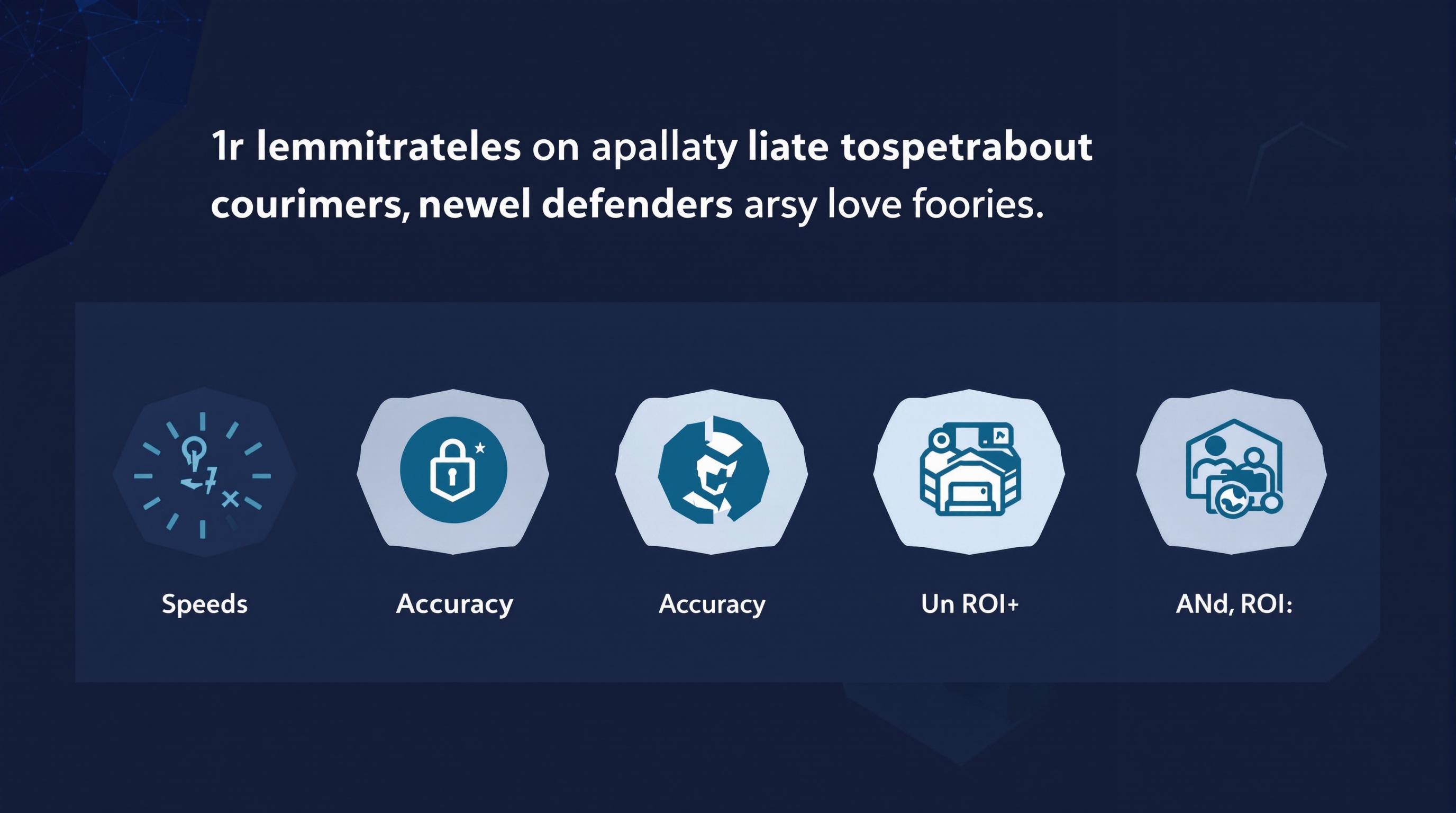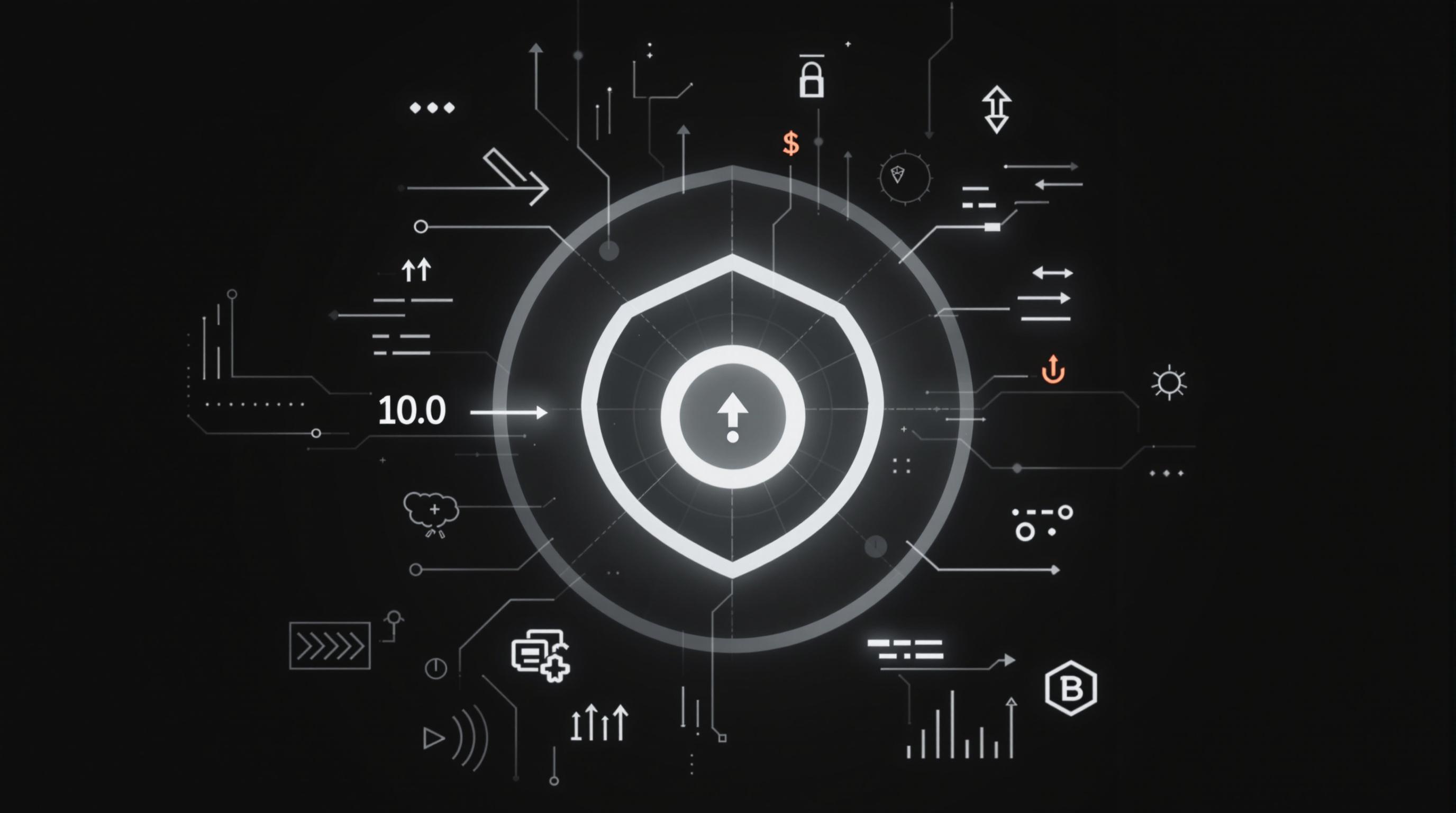Related Articles
- 8 Innovative Password Safes Released Since 2019 Changing How We Protect Our Digital Lives
- Top 6 Revolutionary Password Vaults Debuting Since 2019 That Are Disrupting Cybersecurity Norms
- 7 Innovative Browsers Released Since 2019 That Redefine Online Confidentiality and User Control
- Exploring Psychological Barriers to Adopting Enhanced Mail Safeguards Among Diverse User Groups
- Top 6 Privacy-Focused Browsers Launched Since 2019 That Outsmart Data Trackers Effortlessly
- How Antivirus Software Influences Environmental Footprints: Assessing Energy Use and Electronic Waste Trends
How Antivirus Software Influences Environmental Footprints: Assessing Energy Use and Electronic Waste Trends
How Antivirus Software Influences Environmental Footprints: Assessing Energy Use and Electronic Waste Trends
Antivirus software, while crucial for digital security, also indirectly shapes our environmental footprint through energy consumption and e-waste trends. This article explores these impacts, blending data-driven analysis with storytelling and varied tones to present a holistic view.
Counting the Kilowatts Behind Your Guard
Every byte scanned and every update downloaded has an energy cost. Antivirus programs constantly run in the background, scanning files, monitoring network activity, and updating virus definitions. According to a study by the Lawrence Berkeley National Laboratory, data centers powering such digital services consume about 200 terawatt-hours annually worldwide, equivalent to the energy use of some countries.
While antivirus software runs on individual machines, the aggregated global energy footprint, considering billions of devices, is significant. When your antivirus program performs a full scan, it can increase CPU usage by 10-40%, which correlates with a spike in energy use. Multiply that by millions, and the environmental impact grows appreciably.
Story from the Trenches: A Developer’s Perspective
Meet Clara, a 29-year-old software engineer passionate about green tech. In her quest to reduce the carbon cost of her antivirus, she developed an adaptive scanning schedule optimized to minimize both energy consumption and security risks. Her prototype saved 25% of CPU energy per scan during trials.
"I realized that the way our software runs can either waste power or conserve it," Clara recounts. "By being smarter, we could secure devices while respecting the planet."
Electronic Waste: The Hidden Side Effect
Antivirus software, surprisingly, also influences the lifespan of electronic devices. When programs are resource-intensive, they can slow down older hardware, prompting users to upgrade sooner. This phenomenon accelerates e-waste, which the United Nations estimates reached 53.6 million metric tons globally in 2019, with only 17.4% properly recycled.
Less efficient software can disproportionately affect low-income users unable to upgrade frequently, forcing them to discard devices prematurely. Thus, antivirus bloat indirectly contributes to mounting e-waste problems.
Think Twice: Is Your Antivirus Forcing You to Buy New Hardware?
A casual chat with Bob, a 65-year-old retiree, reveals a common frustration. "After installing one of those heavy antivirus suites, my old laptop turned into a snail. I ended up buying a new machine – what a waste!" Bob’s story is not unique.
The Persuasive Case for Lightweight Security Solutions
Simpler, resource-conscious antivirus tools have a dual benefit: they consume less power and extend the usable life of your computer. Advocacy groups urge software makers to optimize performance to curb environmental harm.
Reducing operational demands could yield substantial benefits; the EPA estimates that extending device lifespan by just one year could significantly cut global e-waste volumes.
Cloud Antivirus and Environmental Cost Paradox
Cloud-based antivirus solutions promise to offload scanning tasks to powerful servers, ostensibly reducing local energy burdens. But shifting the load means more data center activity, with its own environmental consequences.
Recent analyses reveal that moving security scans to cloud infrastructures can increase server energy usage, leading to a net-zero or even higher environmental impact. Balancing local and cloud resources is key.
A Humorous Interlude: The Virus That Went Green
Imagine this: a mischievous virus that, instead of corrupting files, quietly optimizes your PC’s energy use. It schedules scans only when solar power is abundant and shuts down unnecessary processes. Too good to be true? Maybe, but it captures the hope for green cybersecurity.
Energy Efficiency Standards for Antivirus Software
Calls for standardized energy efficiency ratings in software are gaining traction. Just like appliances have Energy Star labels, similar metrics for antivirus software could guide consumer choices.
In 2023, a pilot initiative assessed several antivirus programs for CPU and battery impact, revealing up to five-fold differences in energy consumption between brands.
Statistical Snapshot: The Bigger Picture
Here's a quick rundown:
- Antivirus full scans can increase CPU load by up to 40%.
- Data centers use roughly 1% of global electricity—partly due to cloud services including security.
- Annual global e-waste is 53.6 million metric tons (2019, UN report).
- Only 17.4% of e-waste is properly recycled.
- Extending device lifespan by one year cuts global e-waste substantially (EPA estimate).
Balancing Security and Sustainability
Security and sustainability need not be at odds. Users can adopt habits like scheduling scans during off-peak hours or freeing up system resources, while developers can refine algorithms for efficiency.
Organizations like the Green Code Foundation encourage such best practices, emphasizing that cybersecurity is part of the environmental conversation.
Final Thoughts
Antivirus software’s environmental footprint is an emerging frontier, intertwining technology with ecology. Every scan, every update shapes this story. By reimagining how security software operates, from the cloud down to your laptop, we can guard not only data but also the planet.
Let’s code with purpose—protect against viruses and pollution alike.
